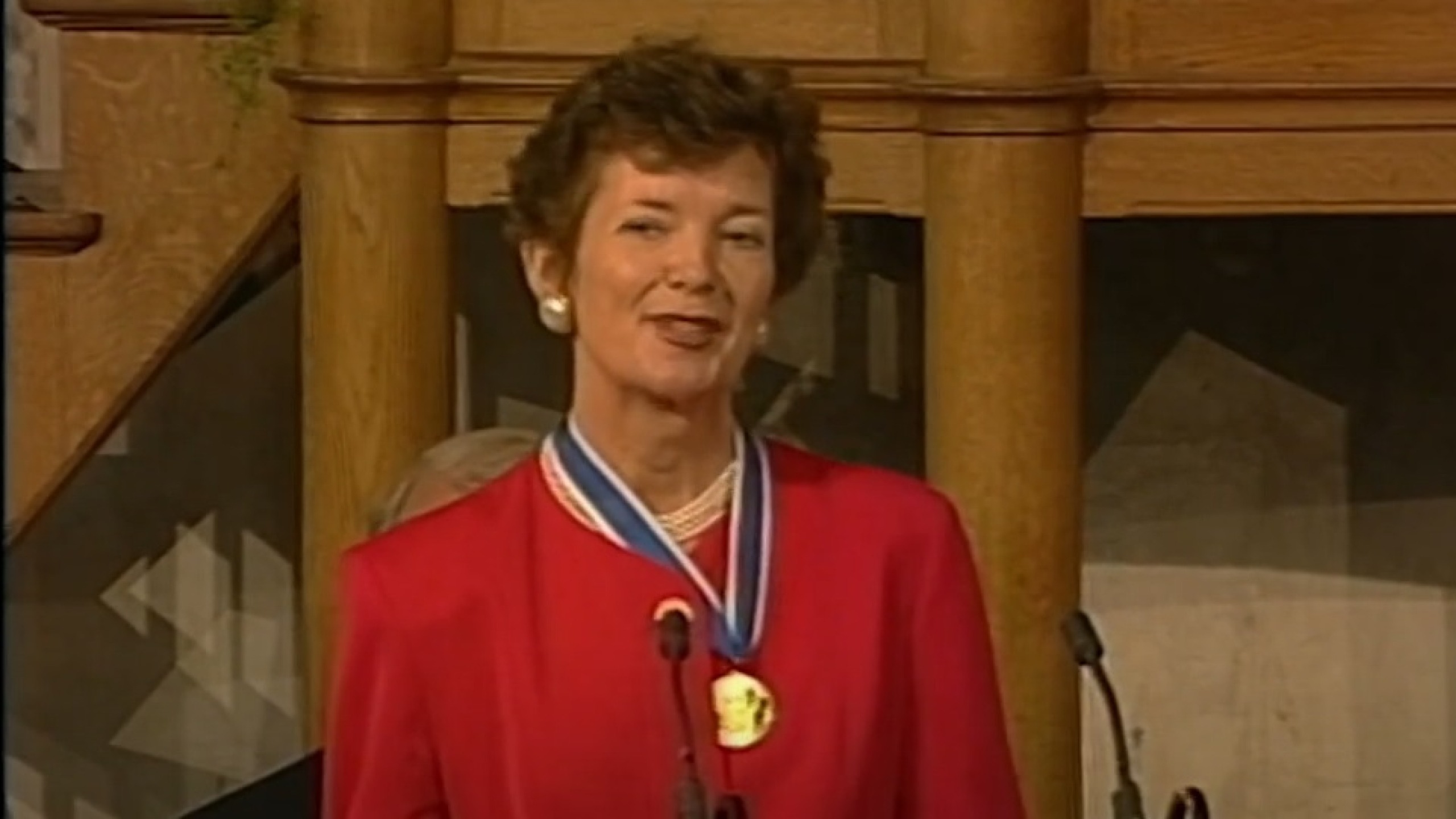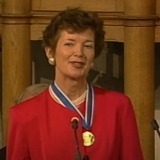This is
In 1998, Dr Mary Robinson received the International Four Freedoms Award for her special place in Irish society as president of the people. She supported the poor and others who were struggling financially, human rights in general and those of women in particular.
More about Dr Robinson
Dr Mary Therese Winifred Bourke was born in 1944 in Ballina, Ireland. As a Roman Catholic woman, she studied at Trinity College Protestant University in Dublin with the bishop's permission. At the age of 25, Bourke became a professor at this university. This became a stepping stone to the Irish Senate. In 1970, she married Nicholas Robinson, after which Mary took his surname Robinson.
As a lawyer, professor and politician, Dr Robinson fought for equal women's rights in largely Orthodox Catholic Ireland. Among other things, she campaigned for women on judicial juries, allowing married women to continue working and general availability of contraceptives. In her response to receiving the International Four Freedoms Award, Dr Robinson reiterated the importance of equal economic and social rights between men and women. She mentioned inequality in pay and opportunities for development.
Dr Robinson left politics in 1989, but returned a few months later as an independent candidate for the presidency. She defeated opposing candidates from the traditional parties in power and became Ireland's most popular president between 1990 and 1997. Yet President Robinson left office shortly before her reign was to end. She went to work for the United Nations (UN) as High Commissioner for Human Rights.
As president of free Ireland, Dr Robinson paid close attention to the link with Northern Ireland. She made many visits to the troubled and terror-stricken region. In addition, President Robinson received IRA leader Gerry Adams and spoke to Queen Elizabeth II at Buckingham Palace. President Robinson visited Tibet and spoke out sharply against the death penalty in the United States. She also opposed racial discrimination, racism, xenophobia and intolerance. President Robinson supported and signed new laws on contraceptives and equal treatment for homosexuals.
Positions and articles
Dr Robinson held the following positions:
● President (1990 - 1997)
● UN High Commissioner for Human Rights (1997 - 2002)
She received the Erasmus Prize in 1999 for her position as High Commissioner for Human Rights. In addition, Dr Robinson is a member of the society called The Elders. Other Four Freedoms laureates such as Nelson Mandela, Kofi Annan, Desmond Tutu, Jimmy Carter are also members.
Other laureates from 1998
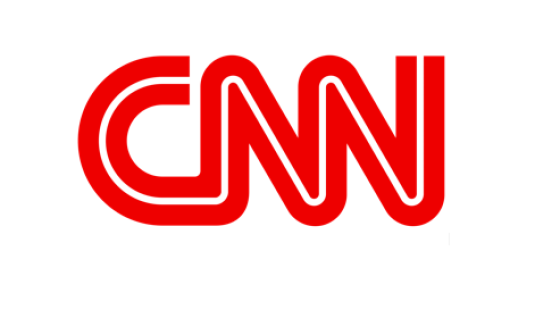
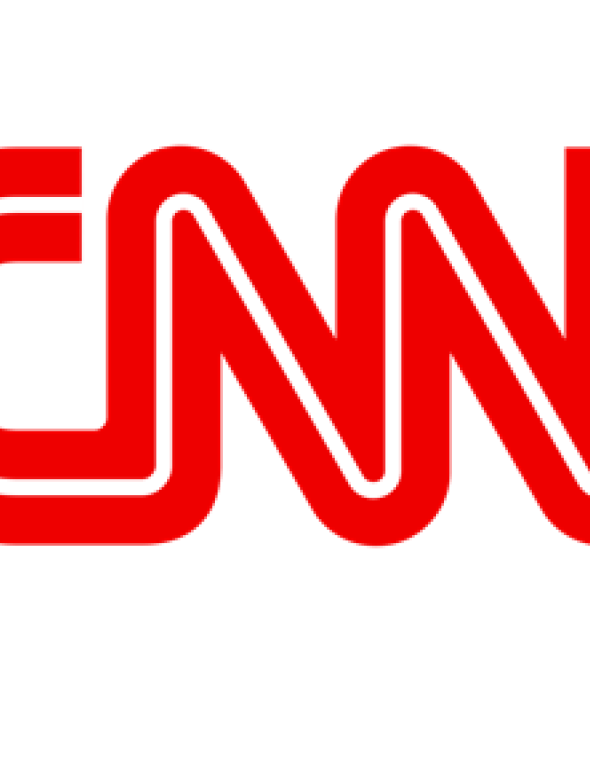
CNN
Get in touch with CNN
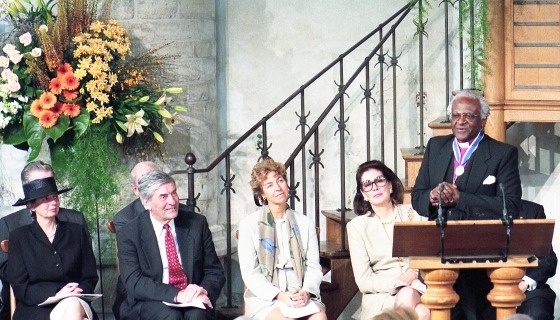
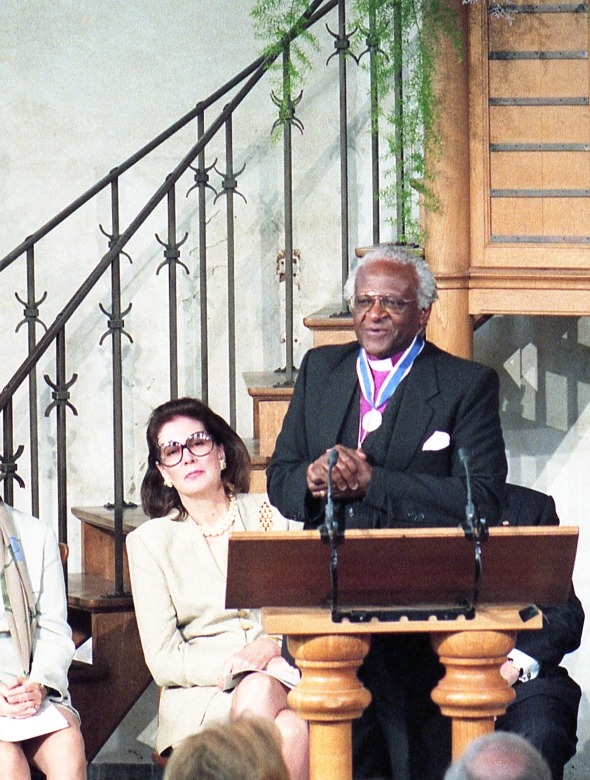
The Most Rev Demond Tutu
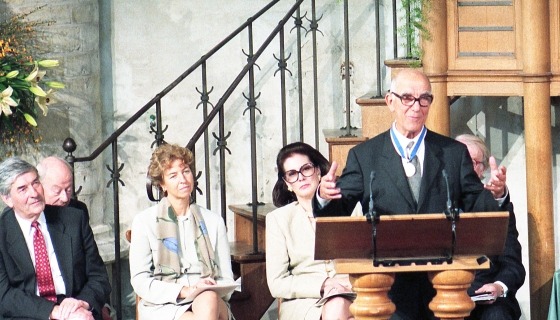
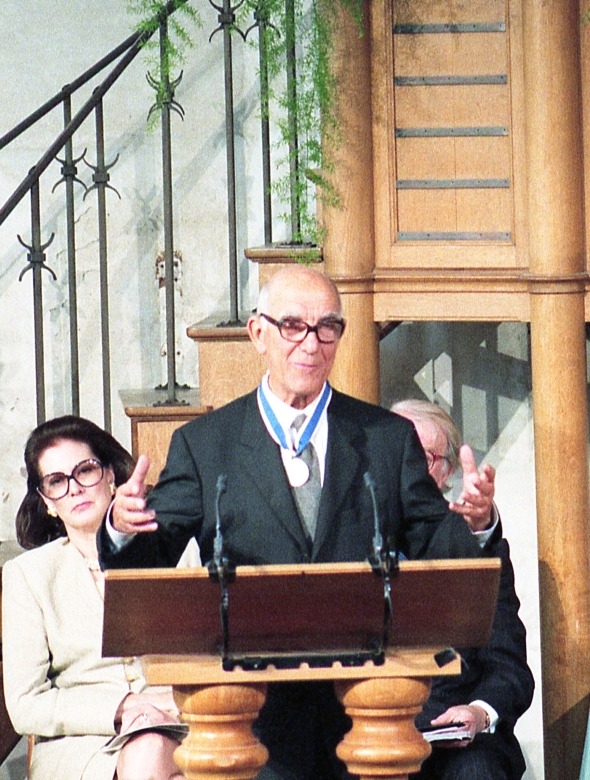
Stéphane Hessel
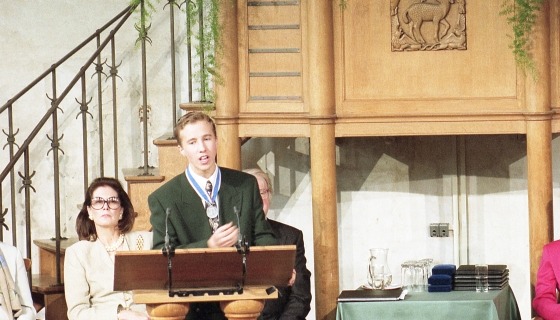
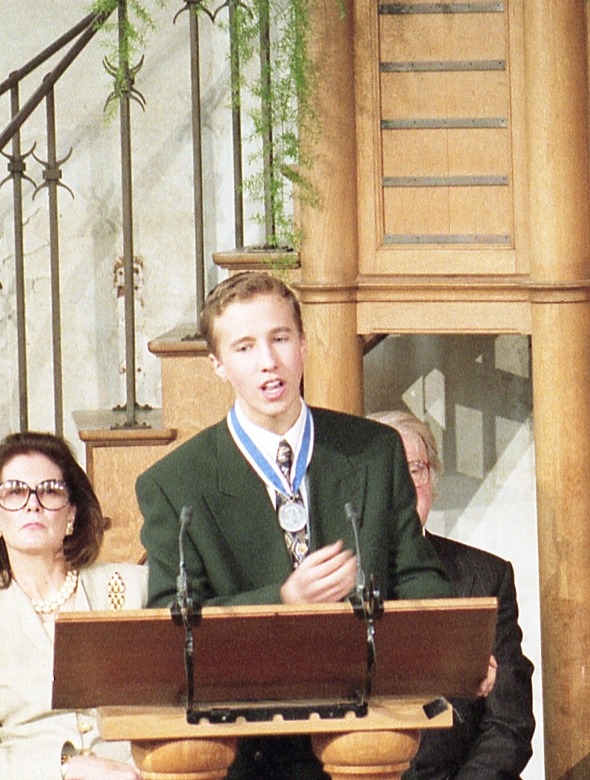
Free the children
Get in touch with Free the Children (WE Charity)

